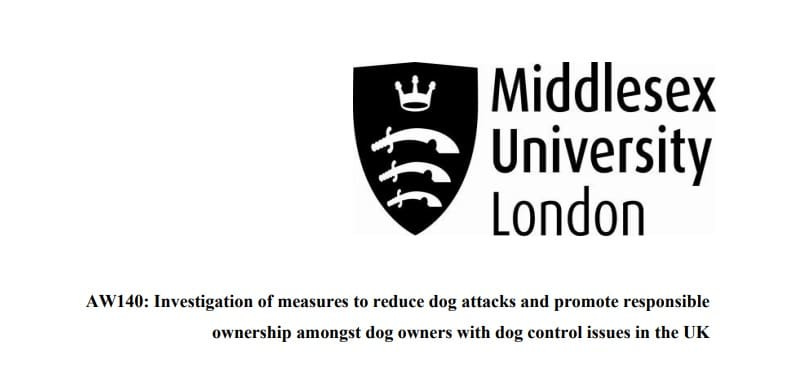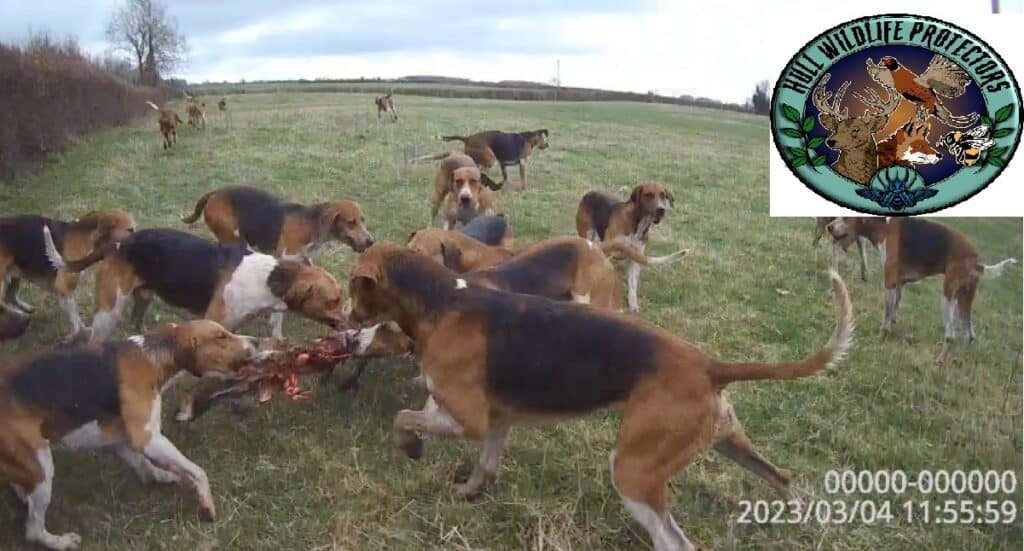Since 31 December 2023, it has been illegal in the UK to own, breed, abandon or give away an American Bully XL dog. The dogs must now be kept on a lead and muzzled in public.
According to Bully Watch, the dog has caused 11 known human deaths, and three suspected deaths since 2021. The breed has been added to the list of dogs that are banned under the Dangerous Dogs Act 1991.
Protect the Wild argues that the ban is targeting the wrong animal, and this article explores why.
American Bully XL dogs
American Bully XL dogs are the largest of the American Bully breed, and they became popular in the UK during the Covid pandemic. Government guidelines, published in November 2023, describe the dog as a:
"Large dog with a muscular body and blocky head, suggesting great strength and power for its size. Powerfully built individual."
The restrictions on XL Bullies are being imposed in two stages. From 1 February 2024, an XL Bully's guardian will need to obtain an exemption certificate to keep their dog. They will also have to take out third-party public liability insurance to cover against their dog attacking people.
Bully XL image from government website
Killing Bullies
The government has been keen to kill XL Bullies to solve the issue. Government guidelines for guardians state:
"If you choose not to keep your XL Bully dog, you should take it to be euthanised at a registered vet practice by 31 January 2024.
You can claim £200 compensation towards the costs. You and your vet will need to fill in a compensation form to make a claim. You must apply by 15 March 2024."
The government had initially stated that rescue shelters wouldn't be able to apply for an exemption certificate to keep XL Bullies alive. But recently, campaigners won an injunction, preventing XL Bullies who arrived in rescue shelters after 31 October 2023 from being put down. The death sentence would have affected around 240 dogs. A High Court judge stated:
“no XL bully dog may be seized from a rehoming organisation and/or destroyed for want of, or ineligibility for, a certification of exemption” since October 31 “until further order of the court”.
Judges will consider the fate of the dogs again at the end of January. Meanwhile, the umbrella group Don’t Ban Me - Licence Me is crowdfunding for a judicial review against the government's wider XL Bully ban.
Humans are the problem, not dogs
Dog attacks on humans and other animals largely stem from one common problem: their guardians. A 2021 Middlesex University research report investigated the nature of dog attacks in the UK. The report concluded:
"Participants [in the research] almost unanimously cast doubt on the idea that breed was a cause of dog attacks noting either that dogs are not inherently dangerous if properly socialised and engaged with using appropriate behaviours, or that all dogs could be dangerous if placed in the wrong situations and handled inappropriately."
Within the research, a stakeholder discussion was carried out. The findings stated:
"The key points drawn from the roundtable are as follows...
Dog attacks vary in severity, frequency, motivation and situational risk factors. Participants cast doubt on the idea that breed, by itself, was a cause of dog attacks, and instead identified human behaviour as a key factor in causing dog bites and dog attacks.
Inappropriate human behaviour around dogs should be considered as a risk factor to be addressed through policy and enforcement approaches. Participants provided evidence that a lack of knowledge of dog behaviour and lack of risk understanding led to dog attacks. Inappropriate or neglectful behaviour, particularly in public settings, was identified. Thus, preventative action aimed at owners is required rather than retaining a focus on the dogs."
Furthermore, police and local authorities were interviewed for the research project. The report stated:
"Participants were asked specifically what they considered to be the cause of dog attacks and dog control issues. Responses overwhelmingly indicated issues surrounding lack of understanding of dogs, poor socialisation of dogs and the inability of owners to control their dogs, linked to a lack of understanding of both dog behaviour and the trigger factors that might lead to an incident...
Participants concluded that most dog attack incidents were preventable if owners were sufficiently educated and were able to take preventative action such as keeping dogs on a lead, or muzzling dogs, or were able to recognise when an incident might occur."
Holderness Hunt Hounds killing a fox. Image Hull Wildlife Protectors
The hypocrisy
So as we can see, XL Bullies are struggling for their lives, through little fault of their own. After all, as the report states, it isn't necessarily the dogs' breed that is the problem, it is how they are socialised. This is particularly true when we look at hunting hounds.
The government and police forces allow fox hunters across the country to train hounds - who are cute-looking in comparison to the XL Bully - to be dangerous. In cubbing season. Hunters teach young hounds how to target wild animals by encouraging them to chase and kill fox cubs. Then throughout hunting season, staff will encourage the pack as it follows the scent of a wild animal.
Hounds frequently tear up foxes, deer, hares and other animals. They are also constantly out of control, tearing down roads, trespassing through gardens or on railway tracks, terrorising and killing pets... Yet despite all this, we see very little prosecutions. The few hunt cases that do go to court are for the offence of illegal hunting - under the Hunting Act - or for interfering with badger setts - illegal under the Protection of Badgers Act.
Never do we see hunters being prosecuted under the Animal Welfare Act for the way that they use their foxhounds. This Act should - at least in theory - oblige guardians and those responsible for dogs to ensure that their dog doesn't harm other dogs. Nor do we see hunters being prosecuted under the Dangerous Dogs Act (and amended under the Anti-social Behaviour, Crime and Policing Act), which makes it an offence to allow a dog to be dangerously out of control. And, of course, we never see hunters being hauled in for questioning under the Protection of Livestock Act, despite numerous incidents of their hounds worrying and killing sheep and other animals.
We don't ever hear of hunts being prosecuted for their violent use of terriers, either. Terriers are used during a hunting meet when a fox has fled to safety underground. The dog is forced to follow the fox into a hole and keep her at bay by displaying aggression towards her, while the fox is likely to return that aggression in self-defence. We have seen some terriermen being prosecuted for cruelty to the dogs themselves, but not for the harm the dogs are inflicting on foxes.
And so it's one rule for the general public and their pets, and another for the government's fox hunting pals, who can train their dogs to terrorise wildlife, pets and communities with almost complete impunity.
The solution
We have had enough of the government's hypocrisy.
Of course, we are not suggesting that hounds or terriers should share the same fate as the XL Bully. Rather, as Don't Ban Me - Licence Me argues, we want to see responsible guardianship of ALL dogs. The umbrella group states:
"This means licensing all dogs, regardless of breed, and providing education to owners on how to properly care for and train their pets."
This should apply whether the dog is an XL Bully, a foxhound or a terrier. Protect the Wild argues that hunting staff need to be held responsible for their dogs and any crimes committed when hunting with them. Enough is enough: hunters need to be prosecuted for training their dogs to be killers, and they need to be banned from owning or controlling dogs in the future. Hunts need to be shut down forever, and their hounds rehomed and retrained.
(Images of Bully XL dogs from government web page Check if a dog is an XL Bully)






